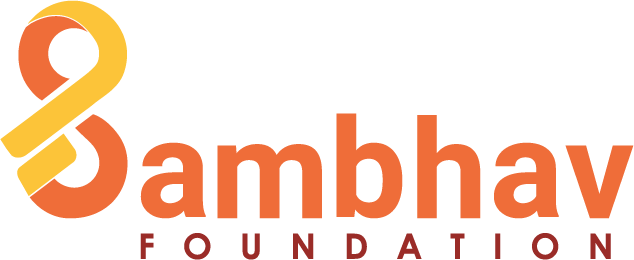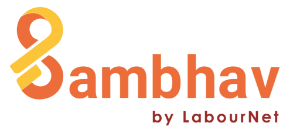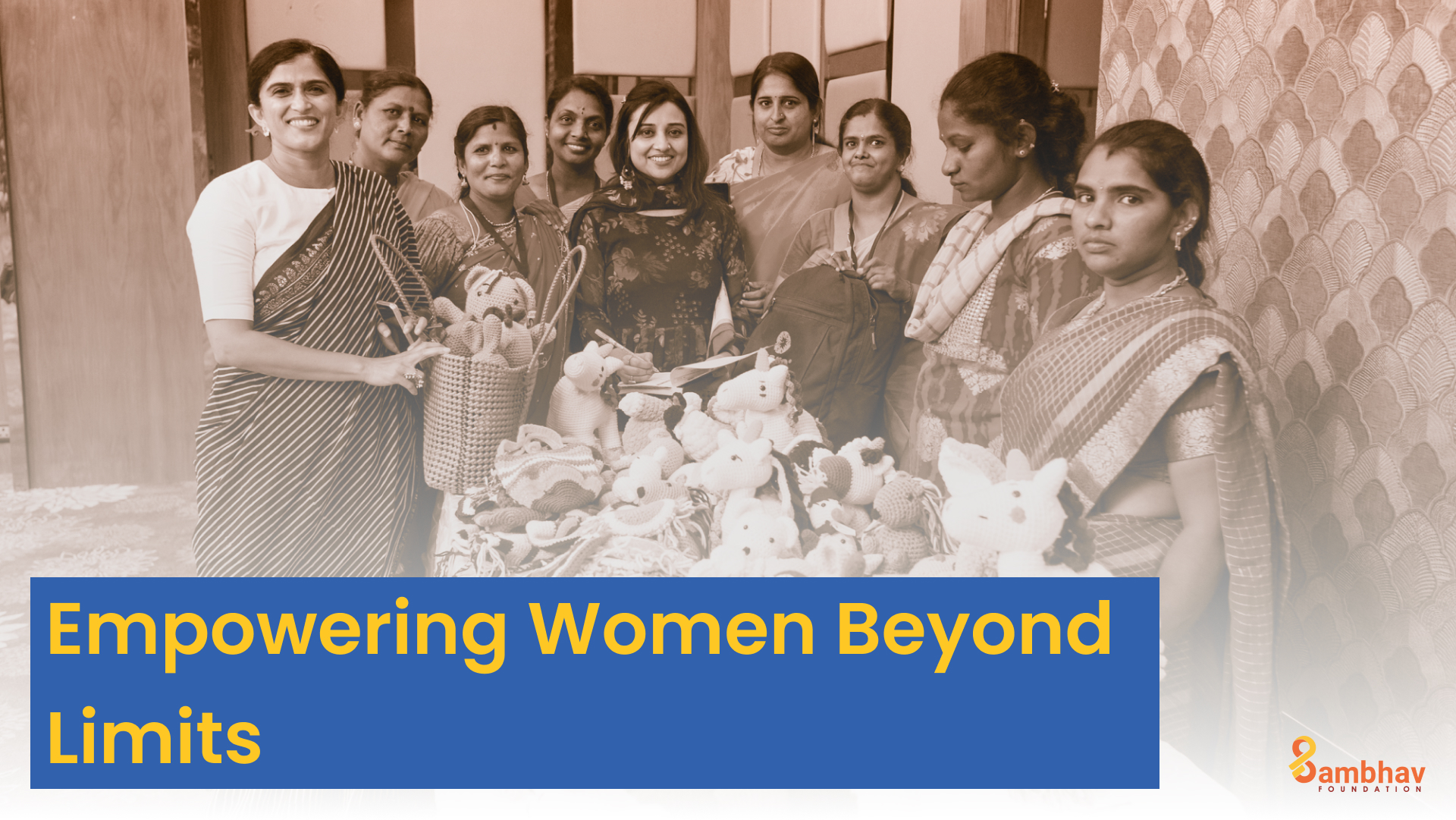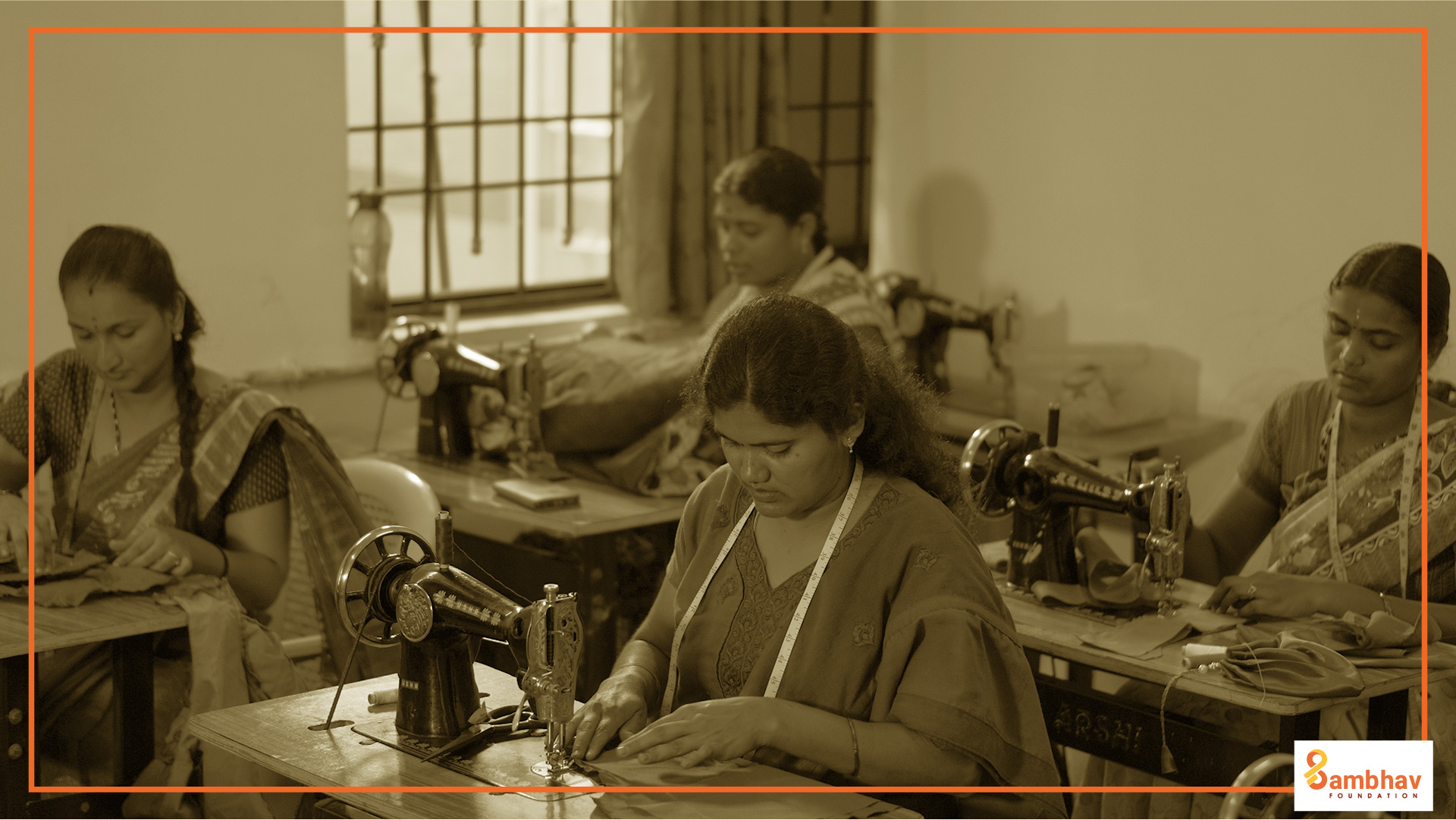India cannot experience uniform development by omitting its enormous informal working segment. The most pertinent lesson from the pandemic is that the benefits of economic growth and transformation due to technological progress should reach this section of talent both in terms of skill building and livelihood creation.
In its effort to create a local ecosystem that can provide livelihood opportunities to migrant labourers closer to their homes, the government has been in the process of launching a comprehensive skill mapping exercise under the recognition of prior learning (RPL) framework. The government also hopes to improve the earning potential of the returning workers either at their home towns or destinations they will re-migrate to in search of work by mapping skills of workers.
However, despite the complex and diverse landscape of the sectors in which workers work, the existing mapping offers a one size fits all framework with focus on generic skill and not on the demand landscape which steers migration of workers. There are various categories of migrant workers – daily, weekly, seasonal and permanent – each traveling for diverse reasons. While the daily, weekly and seasonal workers indulge in temporary, intrastate and economic migration, the permanent blue collar workers travel interstate because of distress like loss of land due to natural calamities or political unrest.
Schemes like MGNREGS – in its present state of 100 day working coverage and the current fund reserves – do not have a provision for allocating workers according to their skill sets. In addition, they may not be able to accommodate all the migrant returnees if all decide to remain in their hometowns.
It was recently reported that only about five thousand whose skills were mapped have been able to find employment. Clearly, rehabilitation of migrant workers through skill mapping needs better forethought and a long term strategy.
Although frameworks like the RPL exist, there’s no guarantee that a worker will be hired based on certification. The framework for skill validation needs to be dynamic and more market aligned. This will make skill mapping relevant for both the worker and their immediate employer.
Skill certification and skill mapping needs to be aligned to existing digital platforms and cannot be done in isolation- It should be built on top of the current intuitive digital technologies which can match and provide work to workers based on various attributes of which skill certification is one of many attributes.
The pandemic is a wakeup call to have a truly uniform development, India’s growth trajectory cannot omit the enormous informal workers segment. The benefits of technological transformation which is fueling new economic models should trickle down to this section of talent both in terms of skill dispensation and livelihood opportunities.




